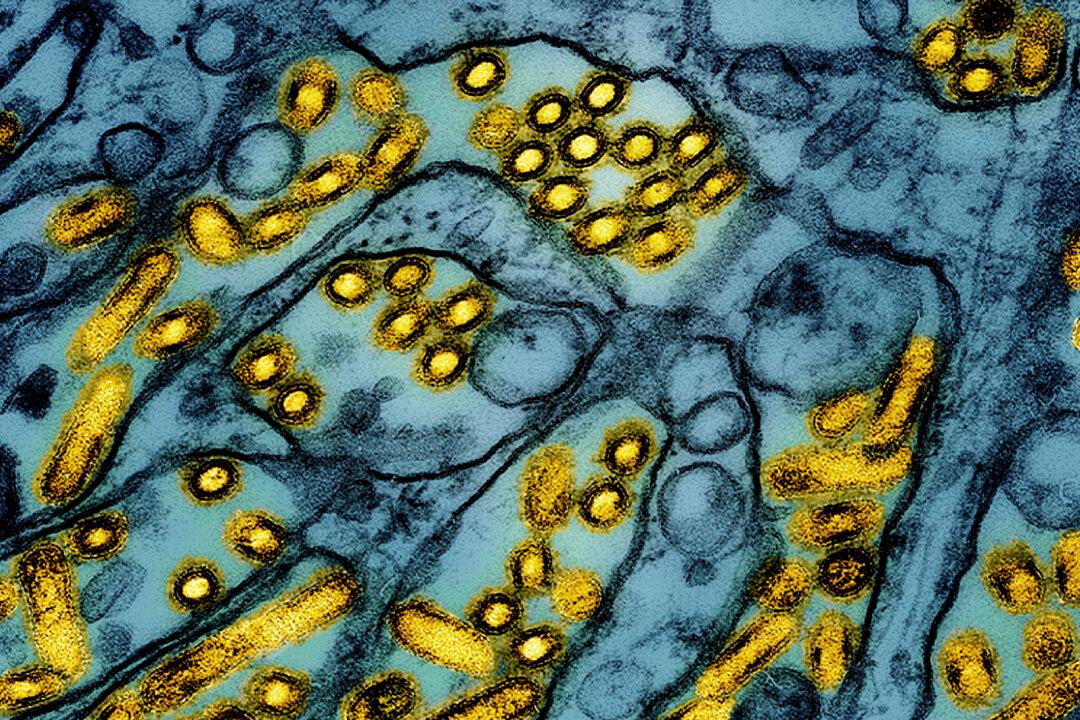The World Health Organization (WHO) on Jan. 7 responded to the first H5N1 avian influenza death recorded in the United States, which was confirmed by officials in Louisiana the previous day.
The United Nations-led health body said Tuesday that bird flu poses a low risk to the general public in light of the individual’s death. The Louisiana Department of Health said that the person, who contracted the virus late last year and died this week, was over age 65, and was reported to have underlying health issues.





